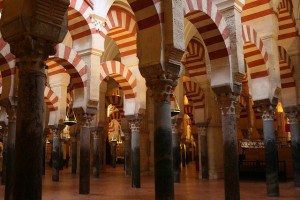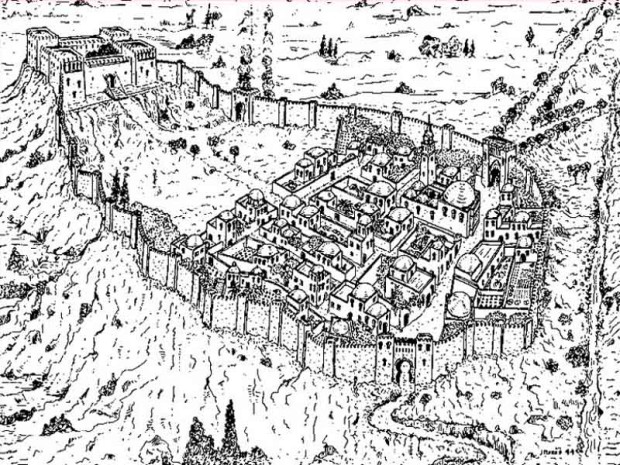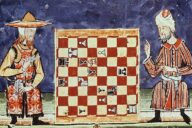Sadly, Islamophobia in Europe has been increasing for years, and this year’s rise has been even bigger due to the tragic terrorist attacks perpetrated in France in January and November, 2015. One of the reasons that explains the rising of Islamophobia is the lack of knowledge, which generates fear towards those we do not know, and who are considered different and alien to us, the “others”. In the face of this tendency, it is necessary to promote different solutions; one of the most important ones is culture.
 The Spanish writer and philosopher Santiago Alba Rico, in his new book Islamofobia. Nosotros, los otros, el miedo (Islamophobia. We, the others, the fear), written as a response to the attacks against the satirical magazine Charlie Hebdo, points out that Spain holds an advantage when compared to other European countries, with regard to the avoiding of this form of discrimination: in addition to having a smaller percentage of Muslims, in comparison with other countries such as France, it maintains a higher level of coexistence that does not separate the immigrant population in ghettos. There is also a very important factor: in contrast with France or Germany, it doesn’t have a prestigious and popular class fueling Islamophobia.
The Spanish writer and philosopher Santiago Alba Rico, in his new book Islamofobia. Nosotros, los otros, el miedo (Islamophobia. We, the others, the fear), written as a response to the attacks against the satirical magazine Charlie Hebdo, points out that Spain holds an advantage when compared to other European countries, with regard to the avoiding of this form of discrimination: in addition to having a smaller percentage of Muslims, in comparison with other countries such as France, it maintains a higher level of coexistence that does not separate the immigrant population in ghettos. There is also a very important factor: in contrast with France or Germany, it doesn’t have a prestigious and popular class fueling Islamophobia.
Alba Rico is clear on what we need to do in order to break those myths and to tear down that cultural barrier, as he expresses in his book: on the one hand, it is the responsibility of the government and institutions, “who don’t have to promote laws that focus their attention on communities as whole, and that link radicalization and jihadism to facts such as visiting Facebook websites or a particular way of dressing”. On the other hand, it is also a pedagogic, social, cultural and media-related work, which should promote the population’s approach to the Islamic culture and the acknowledgement of Spain’s Islamic heritage.
From Madrid to Mayrit
In this same sense speaks the Spanish Arabist Daniel Gil-Benumeya in his book Madrid islámico (The Islamic Madrid), in which he studies the historical origins of Spain’s capital. Gil-Benumeya considers it necessary to know Madrid’s Andalusi past in order to tackle Islamophobic prejudices: “there was a time in which this moment of Madrid’s history was more valued, there were specific routes about it”- The author points out that this would be a good moment to establish, once again, relations with the Muslim cultures, “because Islam is a living reality in Madrid; there are thousands of Muslims, both foreigners and of Spanish nationality. It would be interesting to promote a cultural initiative such as this one, it would help Madrid’s citizens to fight prejudices, and Madrid’s Muslim citizens to recognize themselves more in the city and the History of their country”.
Read more (in Spanish).















No Comments